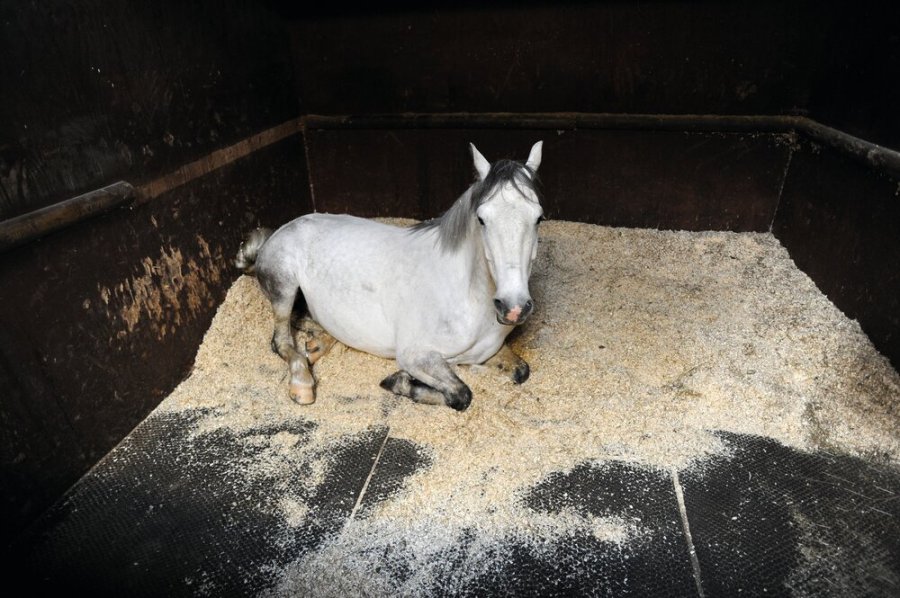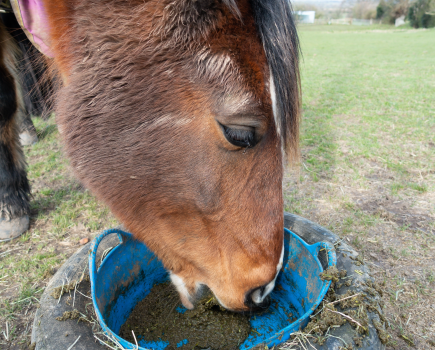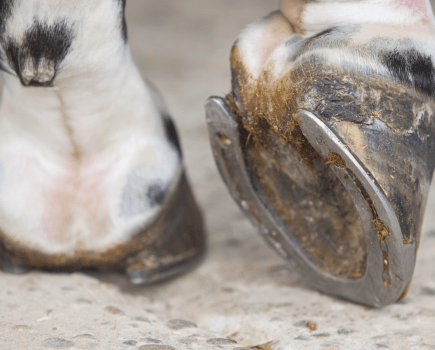Research has found that lower levels of bedding and lights left on significantly affects the quality of a horse’s state.
Daniela Amiouny’s thesis —The effects of night light and bedding depth on equine sleep and memory consolidation explored the factors affecting the duration of a horse’s sleep stages and whether there is a link between sleep and cognitive performance.
She used 10 university horses in four different environments, each with varying levels of bedding and light, and measured sleep in each 24-hour period over six days. Spatial memory tests were also conducted.
Results showed that levels of bedding andlighting significantly affect both NREM (non-rapid eye movement) and REM (rapid eye movement) sleep states, and horses lay down to sleep more when deeper bedding was provided.
Memory function did not appear to be impaired by reduced sleep.
“The study shows that there are small things horse owners can do to make a big difference to equine wellbeing,” said Daniela.
Racehorse research
Daniela’s thesis was a joint winner of the BETA Equine Thesis of the Year Award ,which took place online on 25 October.
The second winner was Royal Veterinary College student Victoria O’Hara. Both winners received a trophy and £200 cash prize.
Victoria’s thesis —Use of commercial ELISA fordeduction of myostatin protein in equine serumand the examination of an MSTN gene promoter SINE insertion mutation in vivo — looked at the myostatin gene, which prevents muscles from overgrowing, in 185 blood samples from racehorses.
The research focused on gene mutation and the effects it has on the levels of myostatin protein found.
Read the full article in the January 2021 issue of Your Horse Magazine, on sale now









